The Ed's Up - On Doing Something
When the COVID-19 pandemic started, I had reported the topic, knew people to call, had built enough credibility at my workplace to take big swings, and had two decades of practice at quickly absorbing and synthesizing complex, contradictory information. I felt ready and purposeful. I see that same feeling now when I look across the room. I’m married to Liz Neeley, an expert on science communication and sense-making. During the pandemic, she founded her own agency, Liminal, through which she helps scientists who care about public service to find community, skills, and good advice. She’s calm amid crisis, focused amid chaos. She’s wise and compassionate. She is the embodiment of the Stockdale Paradox: able to fully confront brutal realities while retaining indomitable hope about a better future. She’s used to marathons, both literal and figurative.
Over the last few weeks, I’ve found strength by watching Liz, and purpose in supporting her. She knew full well what this administration said it was going to do, and refuses to be cowed by it. I’ve watched her double-down on her values, which I share. I’ve seen her build resolve, purpose, and connections among the scientists she works with and those lucky enough to call her friend. She’s always been exceptionally organized; I suspect she’s about to find that she’s exceptional at organizing.
Much of that work occurs privately. More publicly, she started a project called Meeting the Moment that is focused on collating the onslaught of attacks on science and higher education, and is inspired by the Covid Tracking Project. There’s a weekly newsletter, whose goal, in Liz’s words, is “to stay informed without getting flooded” and “to figure out what is happening, how to think about it, and what to do.” Here’s week 1, week 2, and a handy framework for reacting to the deluge of awful news. Here’s the link to subscribe.
This is one piece among many necessary ones. The attacks feel overwhelming by design; their purpose is to distract, confuse, demoralize, and flood. No one can parse them all, but fortunately, no one has to alone. Liz is a natural leader, but she fashioned Liminal into a collective for a reason. As she says, “We’re all imperfect people doing imperfect work; just thoughtfully choose one local thing and do it.”
Bird photography
The amazing wildlife photographer Melissa Groo profiled me for Living Bird, the magazine of the Cornell Lab of Ornithology. I’m so grateful for this piece, which details how I fell into birding and photography, and how I think about both pursuits.
I’ve tried to make a lot of time for birding over the last month, while also struggling with the sense that it was inconsequential in the face of the crisis befalling us. But as my dear friend Rahawa Haile put it, it’s especially important now to be out in the world, to turn outward rather than inward. Being in community is part of that. Birding is too.
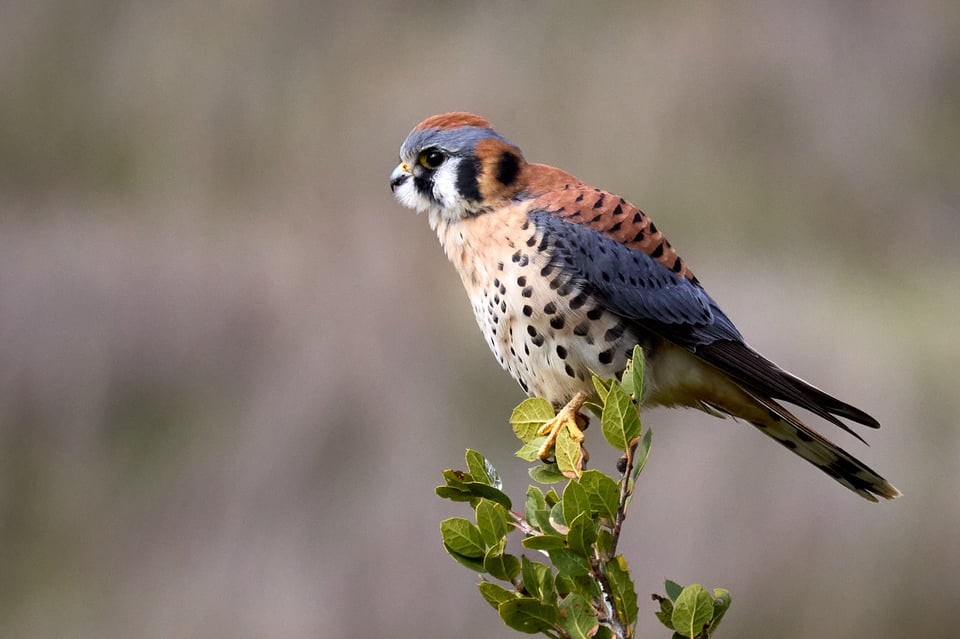
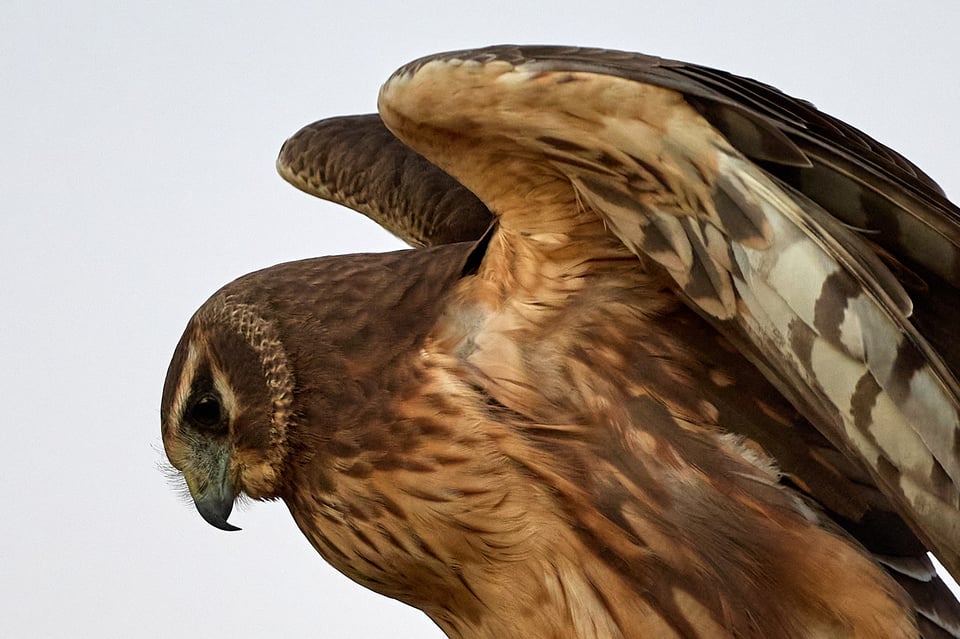
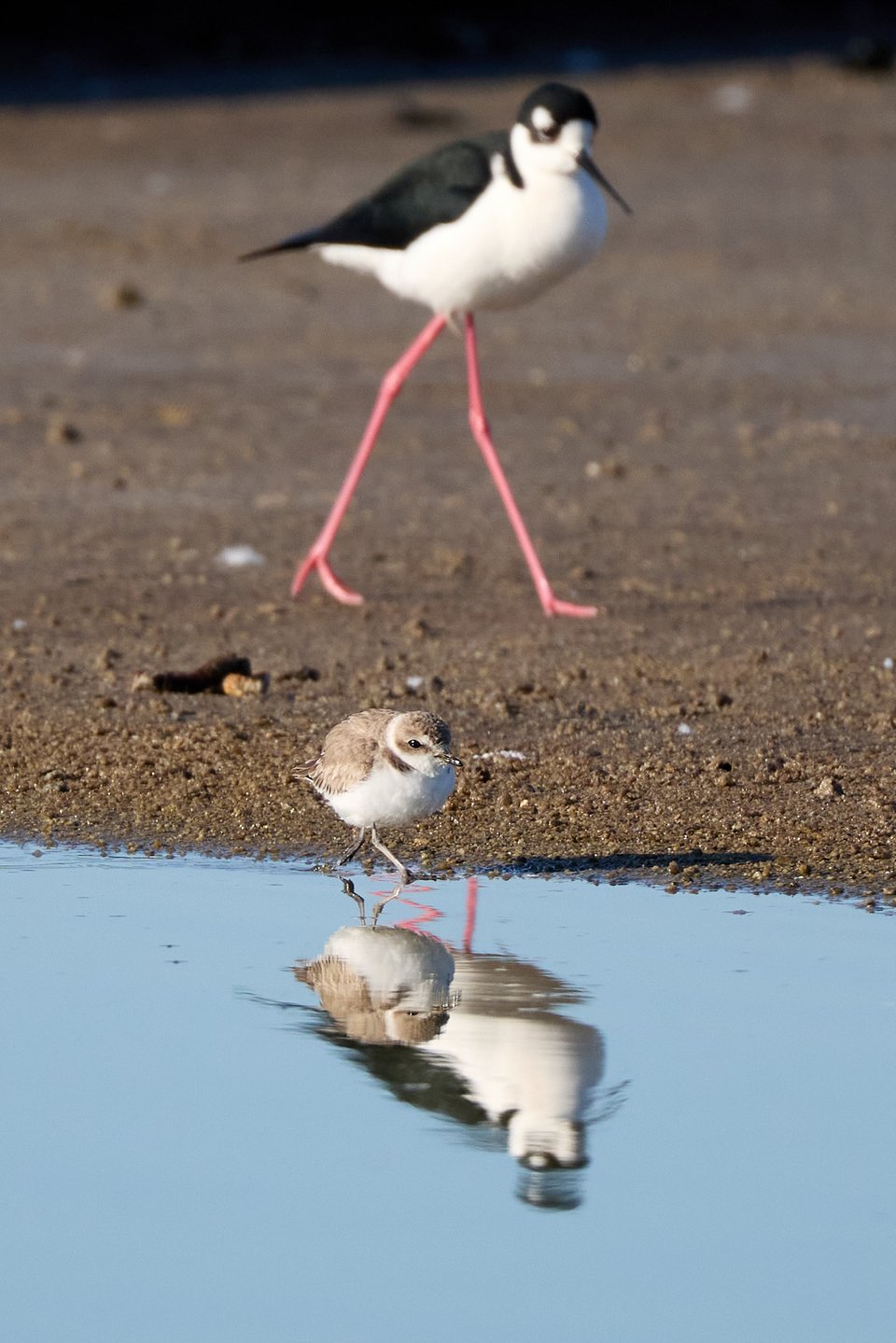
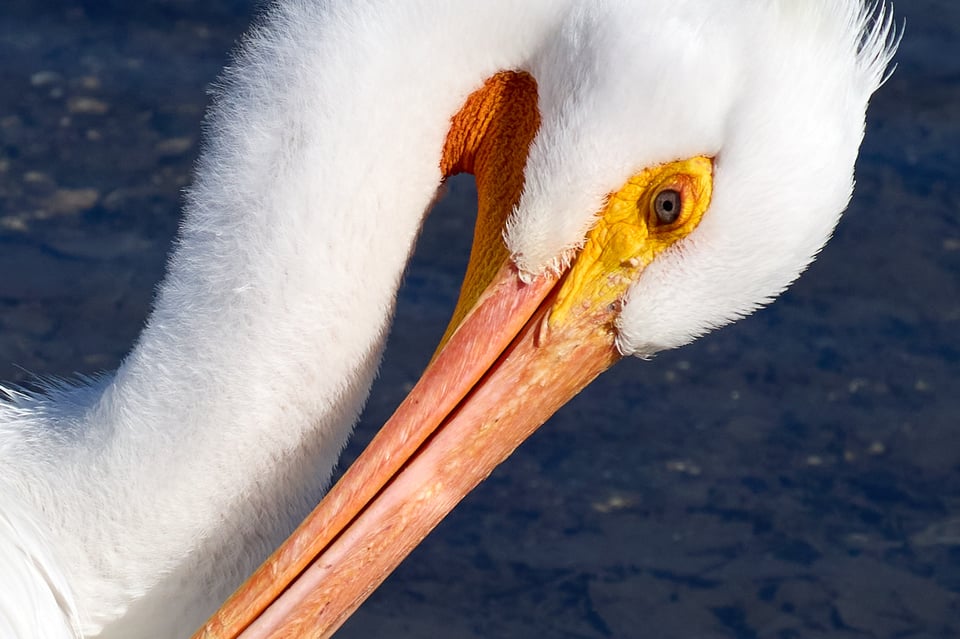
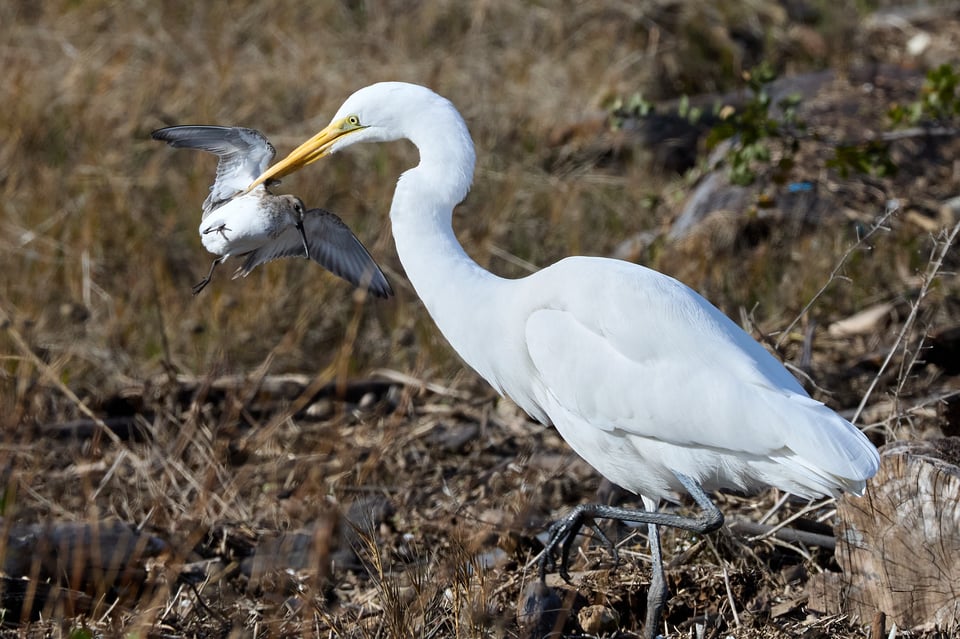
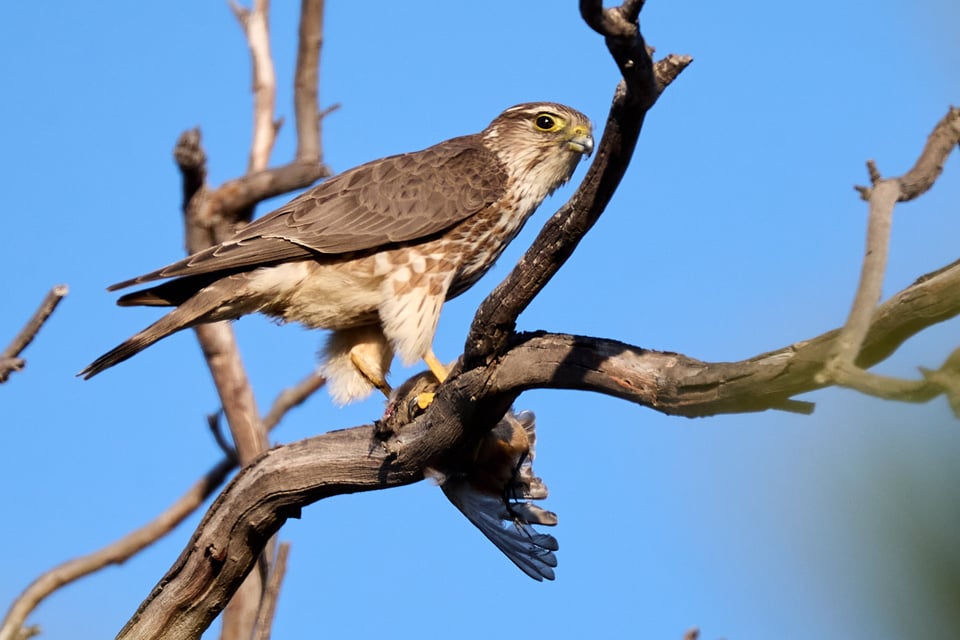
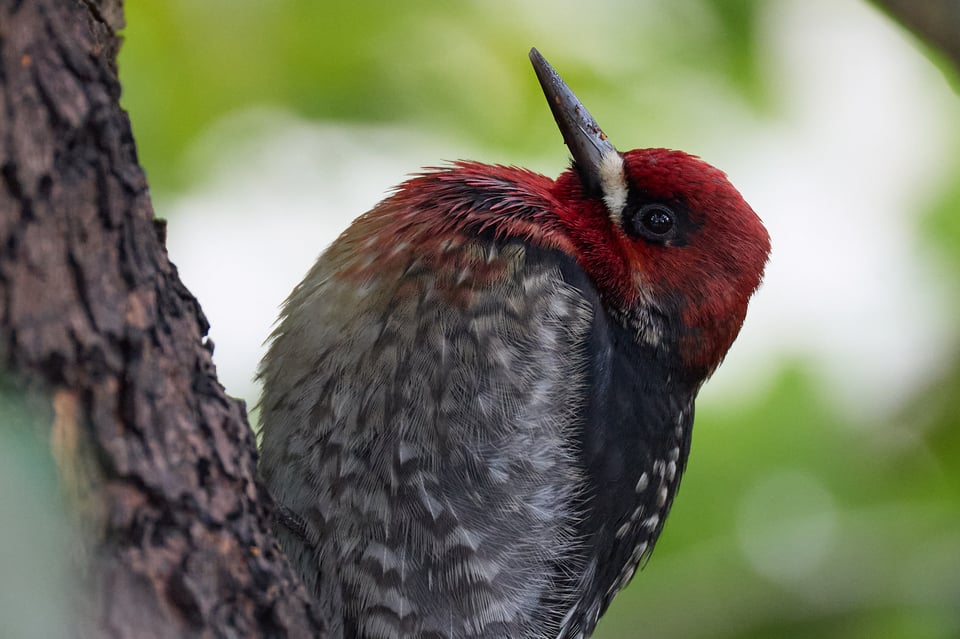
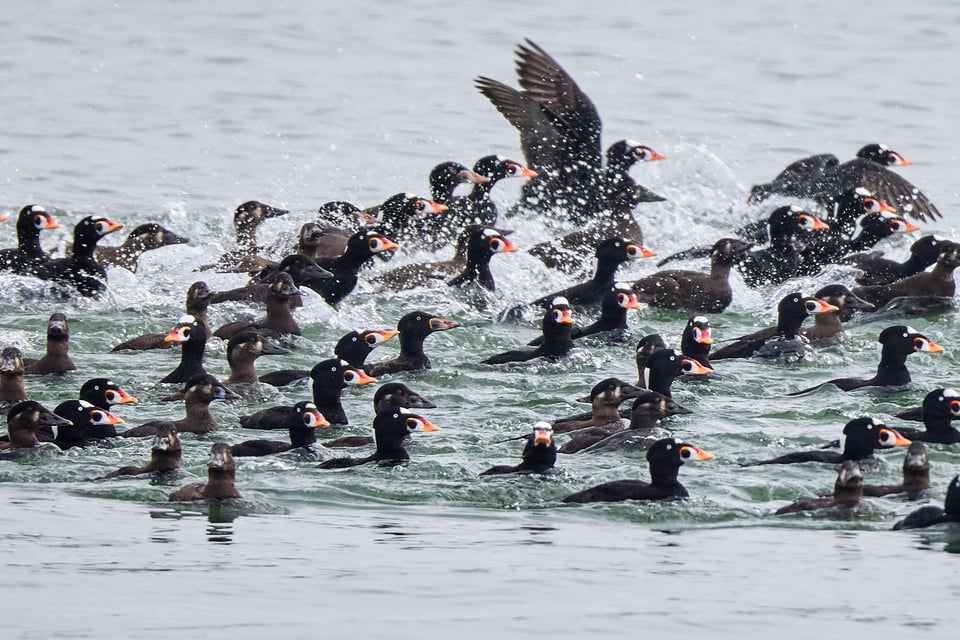
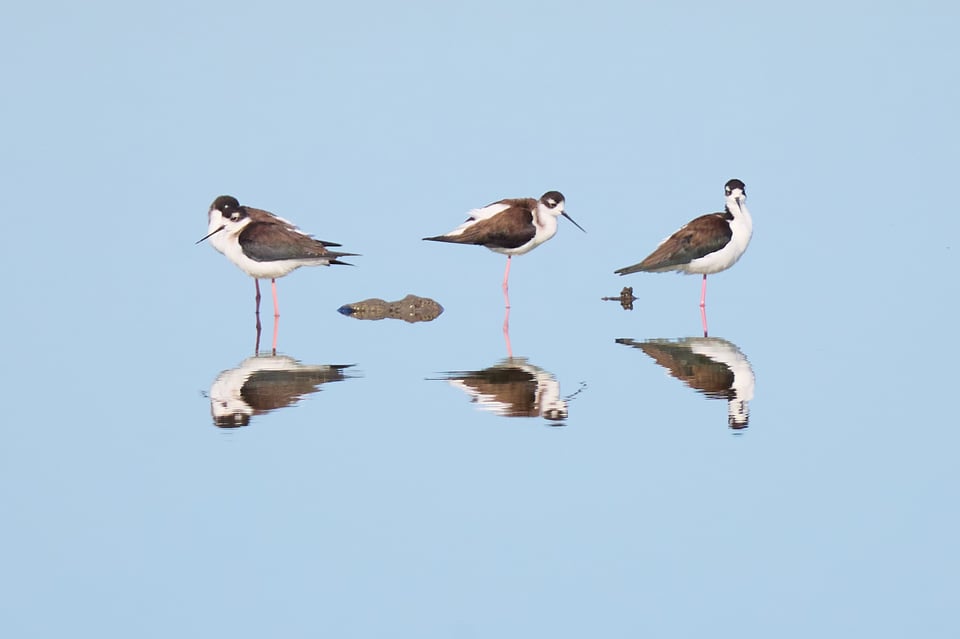
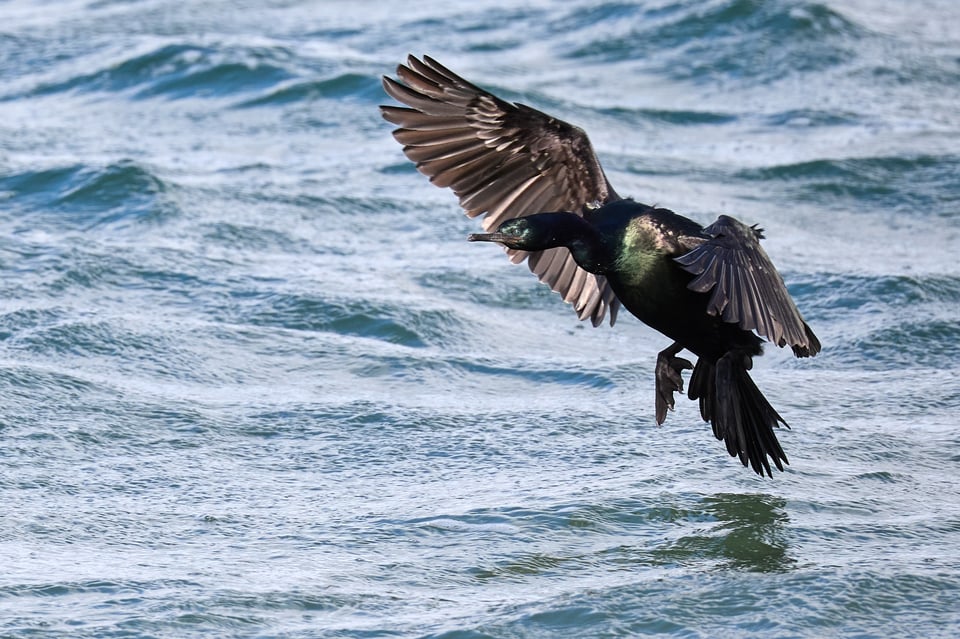
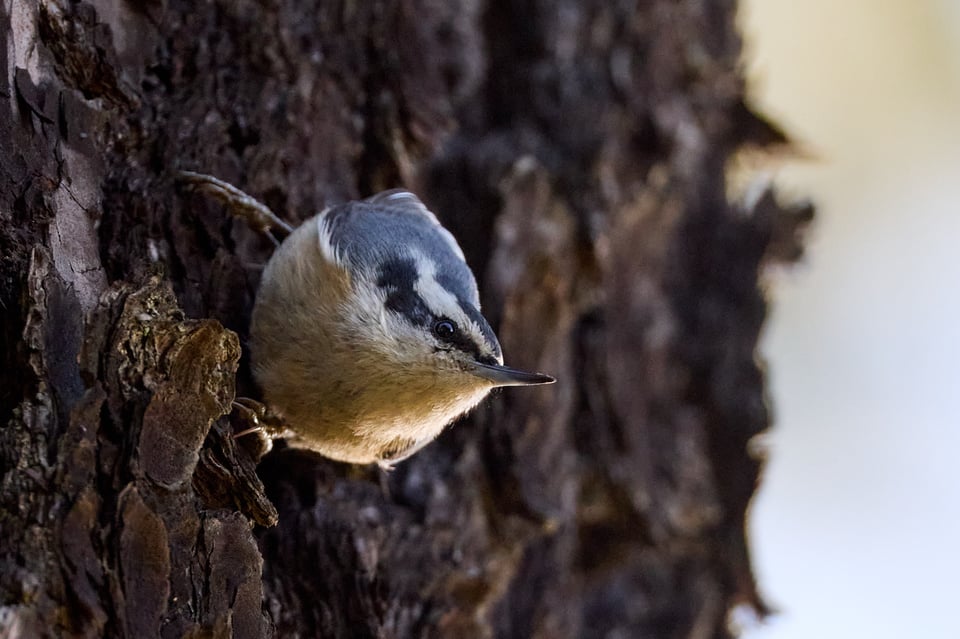
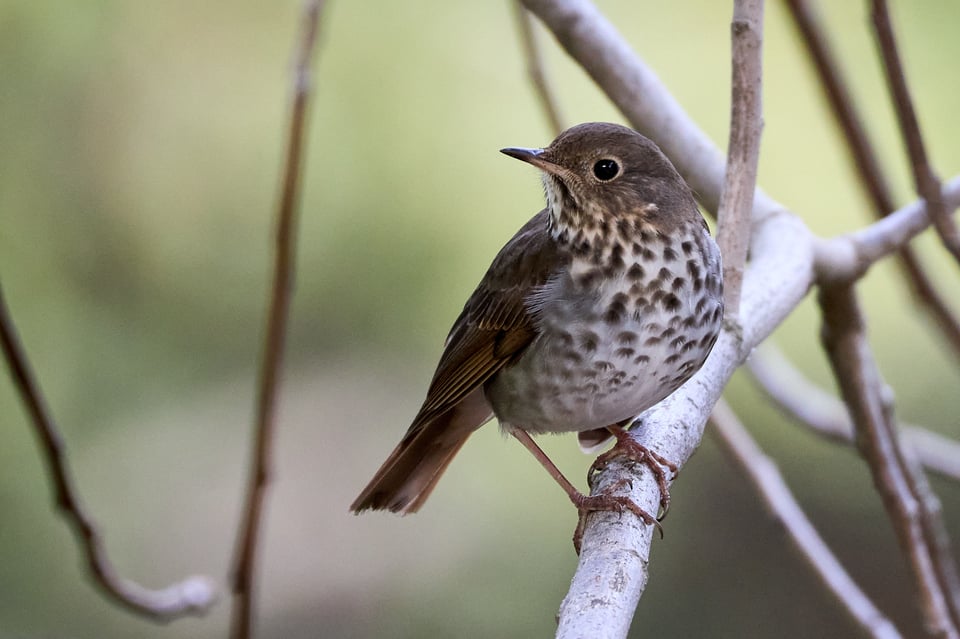
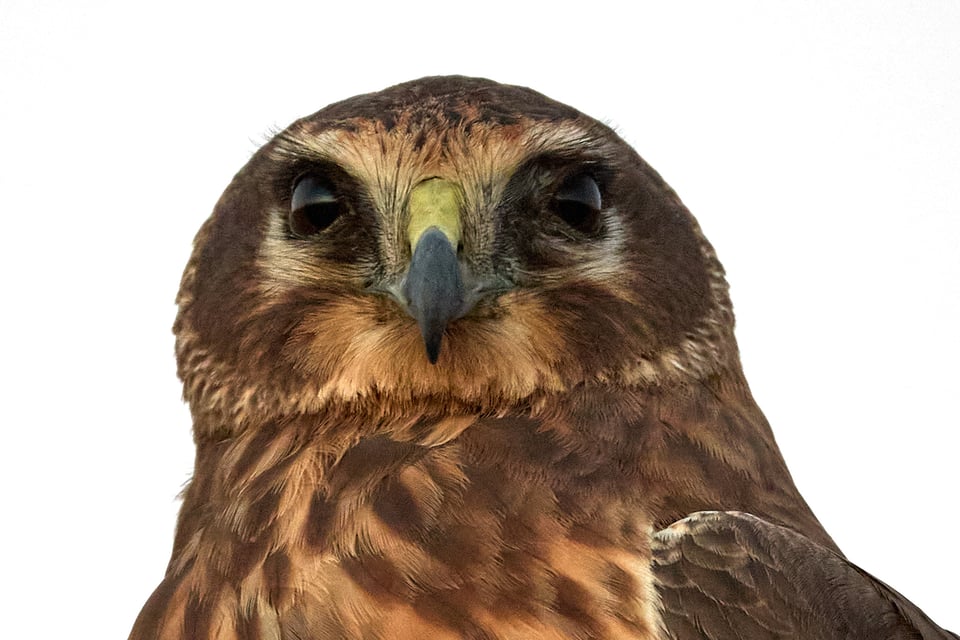
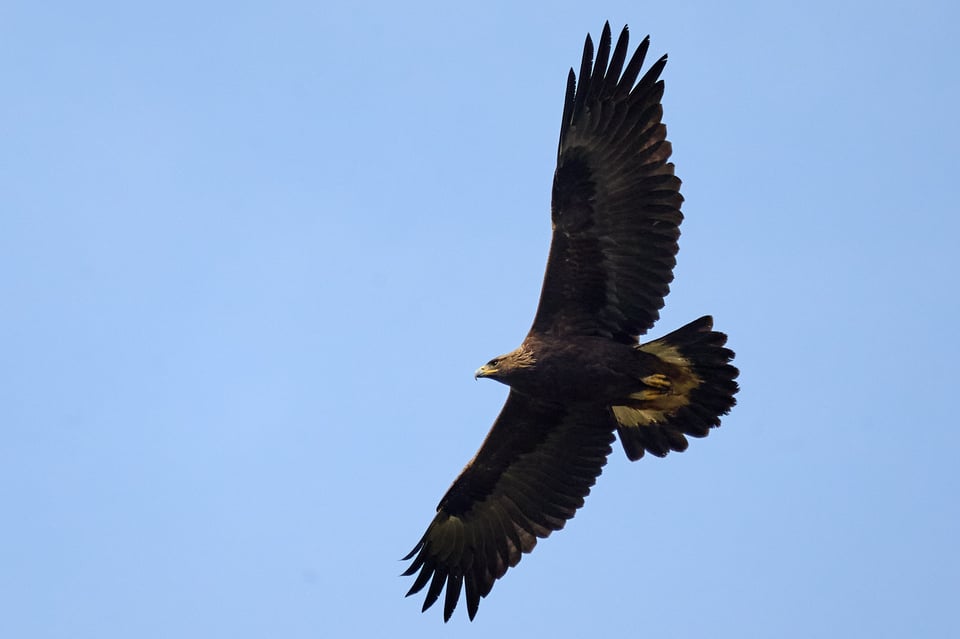
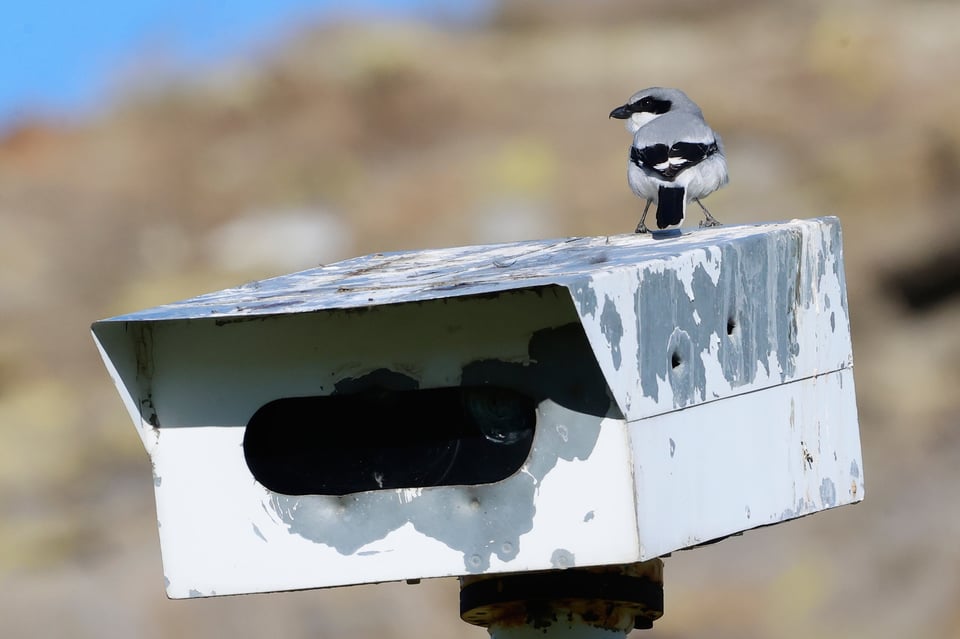
Book recommendations
I intensely feel Rebecca Makkai’s recent op-ed about being too overwhelmed by blurbing books to read or write any. I get maybe 3-4 blurb requests a week. Aside from comics (and thank god for them), I haven’t read anything since 2023 that wasn’t research for my own book, or a request to support someone else’s. This is unsustainable, but it’s also a really important way of supporting other writers. (Beyond convincing customers, blurbs are surprisingly important for convincing people in the author’s publishing house to invest in the title.) I offer for context because below, I’ve listed some upcoming books that I’ve blurbed. I chose them carefully, I’ve actually read them, and I recommend them all sincerely. Pre-ordering is perhaps the single most important thing you can do to support an author (unless you’re Terry Gross, in which your single most important thing is having them on your show).
Air-Borne: The Hidden History of the Life We Breathe, by Carl Zimmer. Out February 25.
A History of the World in Six Plagues: How Contagion, Class, and Captivity Shaped Us, from Cholera to COVID-19, by Edna Bonhomme. Out March 15.
The Birding Dictionary, by Rosemary Mosco. Out May 6.
Take to the Trees: A Story of Hope, Science, and Self-Discovery in America's Imperiled Forests, by Marguerite Holloway. Out May 13.
Apocalypse: How Catastrophe Transformed Our World and Can Forge New Futures, by Lizzie Wade. Out May 6.
Forest Euphoria: The Abounding Queerness of Nature, by Patricia Ononiwu Kaishian. Out May 27.
Strata: Stories from Deep Time, by Laura Poppick. Out July 15
You can also pre-order the Young Reader’s Edition of An Immense World, which is out on May 13.
All of these links go to Bookshop.org, which coveres indie bookstores in the US. To order these books internationally, go to your own country’s equivalent (or, if you must, the site that shall not be named).
More reading
“Trump is acting like a king because he is too weak to govern like a president. He is trying to substitute perception for reality. He is hoping that perception then becomes reality. That can only happen if we believe him.” Don’t believe him, urges Ezra Klein in this killer essay.
“In any other country, experts would call it state capture, a textbook coup. Here, the press still asks if democracy is in danger, as if waiting for the moment history makes it undeniable.” Waleed Shahid on the coup being carried out by the world’s richest man-child. Amy Goodman also has a good interview with Shahid on Democracy Now.
“We are afraid, and as a result, the imminent threat of violence forecloses our ability to imagine. And yet, as soon as we cede the territory of the imagination, we’ve already lost.” Eve L. Ewing on Trump’s attacks on education, and how to fight back.
“In every era of US history, queer folks have carved out their spaces despite criminalization, discrimination, and violence. We must have faith that we can do it again now.” Raquel Willis with advice for trans kids. (Relatedly, here’s a good interview with Kate Clancy about the right’s nonsense claims about sex and gender.
Five journalists in Gaza reflect on the ceasefire, compiled by Sharif Abdel Kouddous.
“One of nature’s overarching lessons is this: what may look to a naive human eye as waste, or inefficiency, or under-optimized slack is often evolution’s secret weapon, providing the adaptive resilience to survive in an ever-changing world.” Brian Klaas makes the case against optimization culture.
Upcoming Talks
Come say hi; please wear a mask
13 February - Brown University
25 February - University of Utah
25 March - University of Nebraska-Lincoln
That’s it for this month!
As always, this newsletter is free, but you can choose to pay a monthly subscription (at whatever level you set) if you'd like to support my work.
Stay safe.